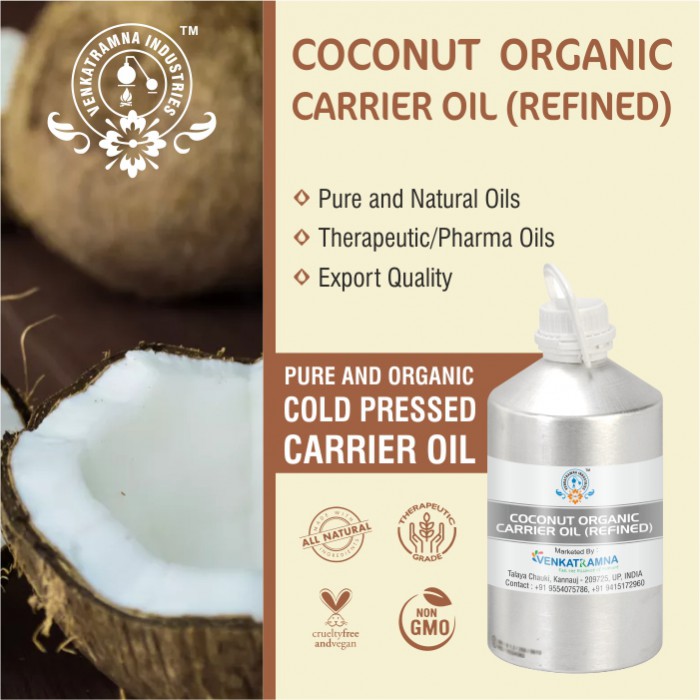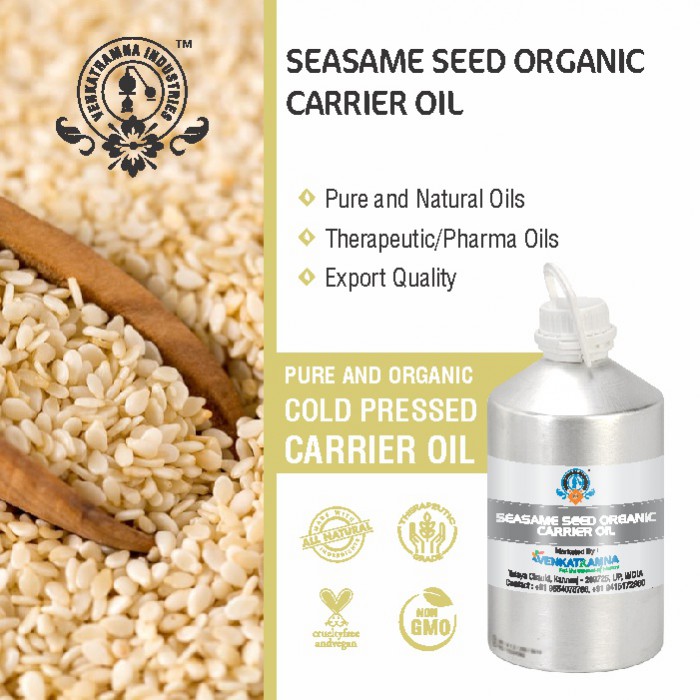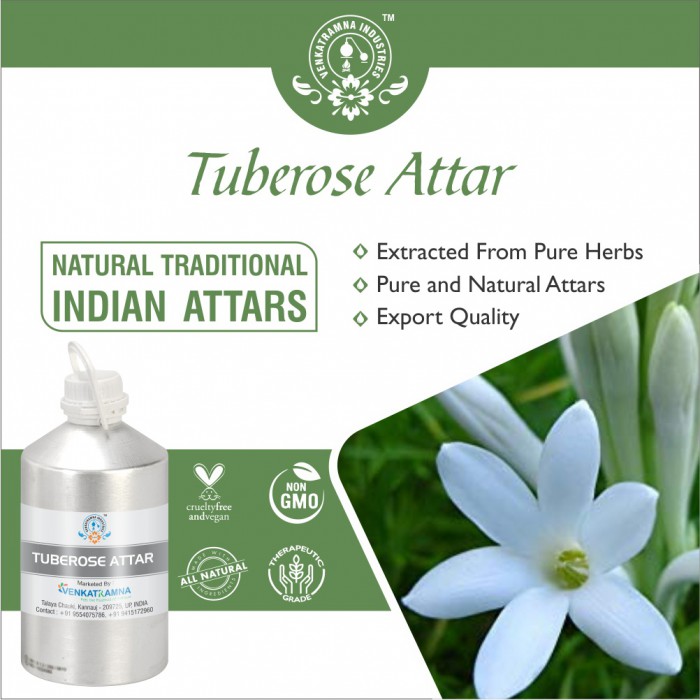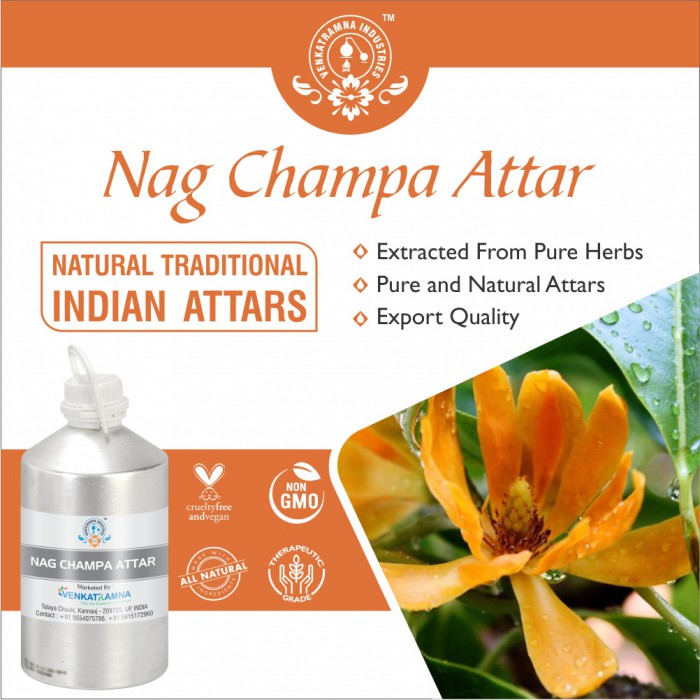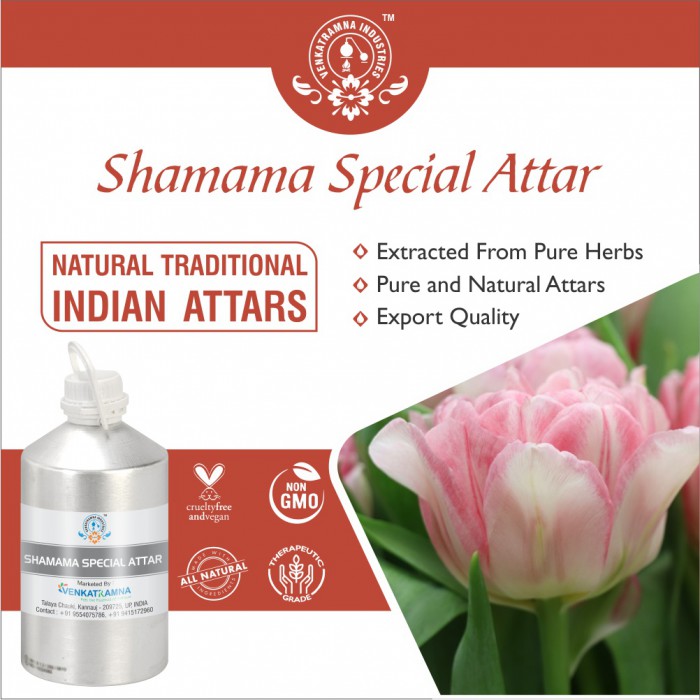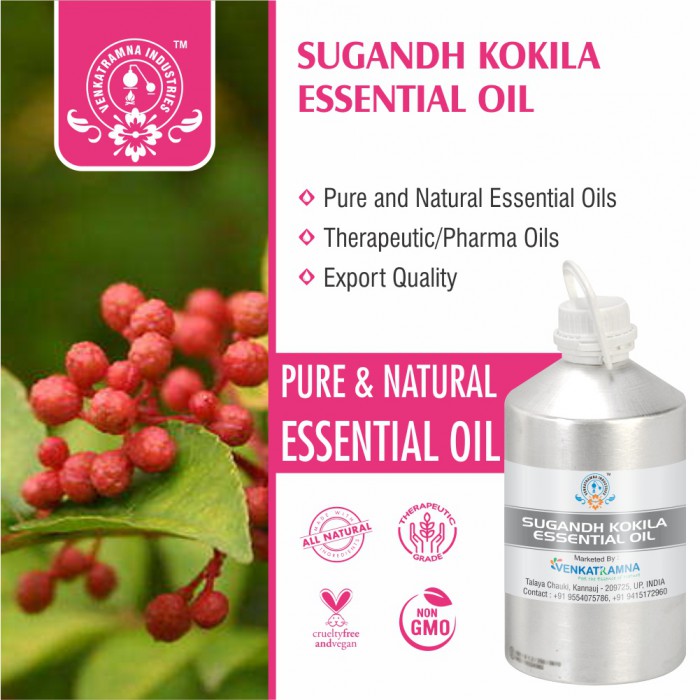Botanical Name: Citrus limon (L) Burm Common name: lemon Plant fam Read More
|
Botanical Name: |
Citrus limon (L)
Burm |
|
Common name: |
lemon |
|
Plant family: |
Rutaceae |
|
Genus: |
Citrus |
|
Appearance/Color: |
A thin,
colorless to greenish yellow liquid. |
|
Odor: |
A top note with a
strong aroma, it has a strong bright lemony scent. |
|
Blends With: |
Bergamot, Lime,
Mandarin and Orange |
|
Origin: |
Argentina |
|
Source: |
Fruit Peel |
|
Method of Extraction: |
Steam Distillation |
The health benefits of lemon are
due to its many nourishing elements like vitamin C, vitamin B6, vitamin A,
vitamin E, folate, niacin, thiamin, riboflavin, pantothenic acid, copper,
calcium, iron, magnesium, potassium, zinc, phosphorus, and protein. It is a
fruit that contains flavonoids, which are composites that contain antioxidant
and cancer-fighting properties. It helps to prevent diabetes, constipation, high
blood pressure, fever, indigestion, as well as improves the skin, hair, and
teeth. Studies conducted at the American Urological Association highlight the
fact that lemonade or lemon juice can eliminate the occurrence of kidney stones
by forming urinary citrate, which prevents the formation of crystals.
The origin of the lemon is
unknown, though lemons are thought to have first grown in Assam (a region in
northeast India), northern Burma or China. A study of the genetic origin of the
lemon reported it to be hybrid between bitter orange (sour orange) and citron.
Lemons entered Europe near
southern Italy no later than the second century AD, during the time of Ancient
Rome. However, they were not widely cultivated. They were later introduced to
Persia and then to Iraq and Egypt around 700 AD. The lemon was first recorded
in literature in a 10th-century Arabic treatise on farming, and was also used
as an ornamental plant in early Islamic gardens. It was distributed widely
throughout the Arab world and the Mediterranean region between 1000 and 1150.
Lemons are ready to pick as soon
as they are yellow or yellow green in appearance and firm. The fruit will be 2
to 3 inches in size. It’s better to wait until they are the right size and not
worry so much about color than to wait for them to be completely yellow.
Unlike our other Lemon Essential Oils this means that the oil has more to give but also has a certain level of phototoxicity, which means it may irritate the skin when you go out in the sunshine. You should not use the oil undiluted and be careful when going out into the sun if using on the skin.
DISCLAIMER
The complete range of conditions
or methods of use are beyond our control therefore we do not assume any
responsibility and expressly disclaim any liability for any use of this
product. Information contained herein is believed to be true and accurate however,
all statements or suggestions are made without warranty, expressed or implied,
regarding accuracy of the information, the hazards connected with the use of
the material or the results to be obtained from the use thereof. Compliance
with all applicable federal, state, and local laws and local regulations
remains the responsibility of the user.
The FDA has not evaluated the
statements on this website. No claims are made by Venkatramna Industries as to
the medicinal value of any products from vriaroma.com or by us. The information
presented here is for educating our customers about the traditional uses of
essential oils and is not intended to diagnose, treat, cure, or prevent any
disease. You are responsible for understanding the safe application of these products.
If you have any questions, please call or email us for further information.
As per NAHA guidelines, New Directions Aromatics
(NDA) does not recommend the ingestion of essential oils. It is imperative to
consult a medical practitioner before using Essential Oils for therapeutic
purposes. Pregnant and nursing women and those taking prescription drugs are
especially advised not to use this product without the medical advice of a
physician. The oil should always be stored in an area that is inaccessible to
children, especially those under the age of 7.
Lemon essential oils act as natural antiseptic,
it can be used to clean minor wounds to prevent infection. It is traditionally
used in Ayurveda to treat superficial cuts, scrapes and burns to speed up the
healing process. It is full of antioxidants and vitamin C. These properties of
lemon oil fight off acne-causing germs.
Lemon oil aromatherapy is a natural way to
reduce pain. In aromatherapy it is used to shrug off anxiety and stress by enhancing
mood and concentration. It has refreshing properties that can activate mind.
This benefit of lemon oil can be accessed by using it as a bath oil. Lemon
essential oil, when added to bath water can rejuvenate and gently cleanse skin
as well as activate mind. It cleanses skin from deep within the pores.
The
lemon essential oil has astringent properties that reduce excess sebum on the
skin by shrinking large pores. The skin brightening benefits of lemon oil help
in getting rid of blemishes, fading acne scars, fighting acne and balancing the
skin's natural pH. This property makes its best use in soap industry.
Apart from it, lemon essential oil can act as an excellent deodorant. It has a fresh clean scent that masks any bad odours and absorbs sweat and sebum as well as refreshes skin.
COMMON
USAGE
·
Treats Indigestion
·
Treats Fever
·
Dental Care
·
Hair Care
·
Skin Care
·
Cures Burns
·
Promotes Weight Loss
·
Soothes Respiratory Disorders
·
Relaxes Foot
·
Treats Rheumatism
·
Reduces Corns
·
Throat Infections
·
Controls Blood Pressure
Ingredients:
|
S. No |
Key Constituents |
Strength (%) |
|
1 |
(þ)-Limonene |
64-70.5 |
|
2 |
b-Pinene |
8.2-14 |
|
3 |
b-Terpinene |
8.4-10.7 |
|
4 |
Geranial |
0.7-2.2 |
|
5 |
a-Pinene |
1.1-2.1 |
|
6 |
Sabinene |
0.8-1.7 |
|
7 |
? myrcene methyl heptenone |
1.4-1.6 |
|
8 |
Neral |
0.5-1.5 |
Safety summary
·
Hazards: Skin sensitization if oxidized.
·
Cautions: Old or oxidized oils should be
avoided.
·
Maximum dermal use level 20%
Safety advice
Maximum dermal limit is 3% citral
content with a citral limit of 0.6% (see Citral profile, Chapter 14). Because
of its (?)-limonene content we recommend that oxidation of distilled lemon oil
is avoided by storage in a dark, airtight container in a refrigerator. The
addition of an antioxidant to preparations containing it is recommended.
Regulatory guidelines
IFRA recommends that essential
oils rich in limonene should only be used when the level of peroxides is kept
to the lowest practical level, for instance by adding antioxidants at the time
of production.
Organ-specific effects
·
Adverse skin reactions: Undiluted
distilled lemon oil was moderately irritating to rabbits, and was slightly
irritating to mice; tested at 10% on 25 volunteers it was neither irritating
nor sensitizing. It is non-phototoxic Autoxidation products of (þ)-limonene can
cause skin sensitization.
·
Reproductive toxicity: The low
developmental toxicity of (þ)- limonene, b-pinene, a-pinene and sabinene
suggests that distilled lemon oil is not hazardous in pregnancy.
Systemic effects
·
Acute toxicity: Distilled lemon oil acute
oral LD50 in rats >5 g/kg; acute dermal LD50 in rabbits >5 g/kg.
·
Carcinogenic/anticarcinogenic potential:
No information was! found for distilled lemon oil, but see lemon (expressed)
below. The oil contains no known carcinogens. Citral (geranialþneral) and
(þ)-limonene display anticarcinogenic activity.
Comments: Distilled lemon
oil is generally used in flavoring, rather than fragrances. It is regarded as
having an inferior odor to the expressed oil.
·
Ecotoxicity: Harmful to aquatic life. May have
long lasting effects.
·
Bioaccumulation: No data available
·
Mobility in soil: No data available
·
Persistence and degradability: No data available
·
PBT and vPvB assessment: No data available
·
Avoid direct exposure into water streams and
ground water sources.


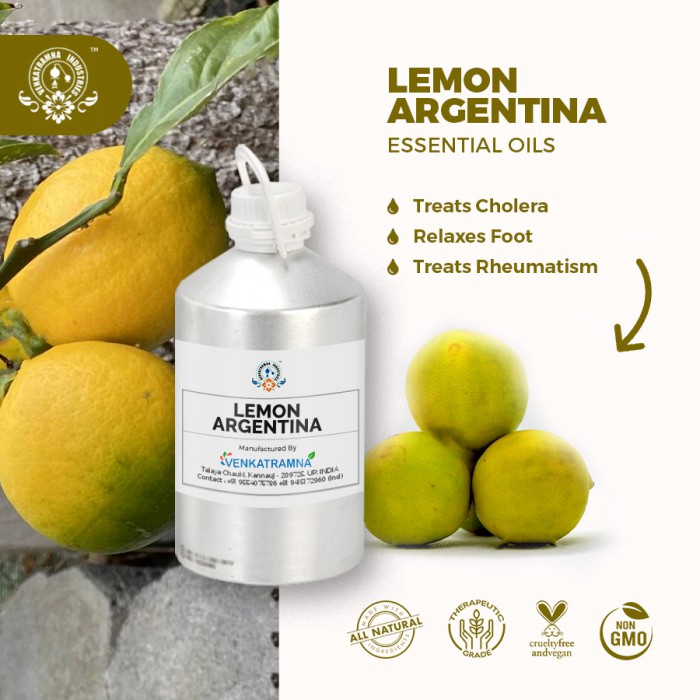
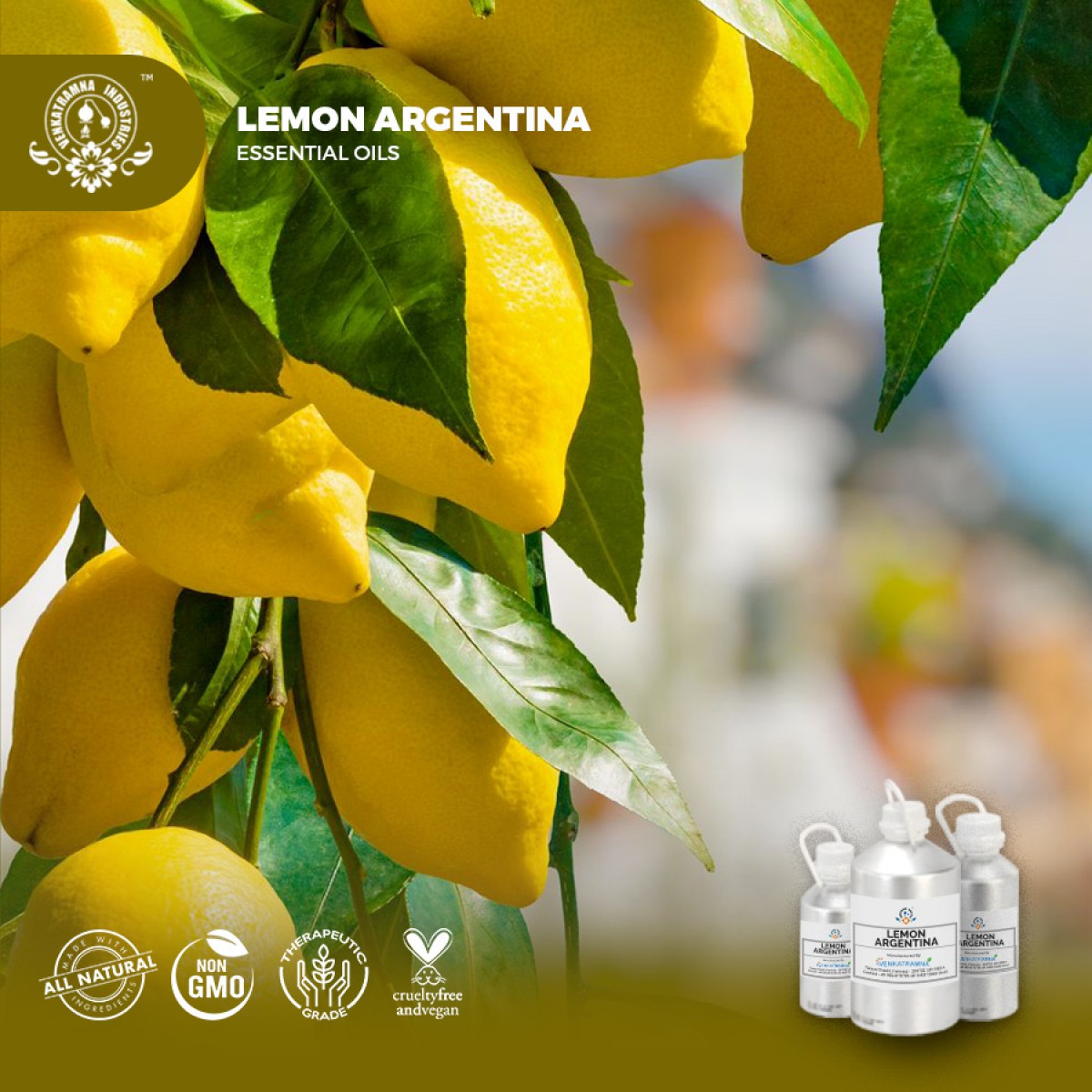
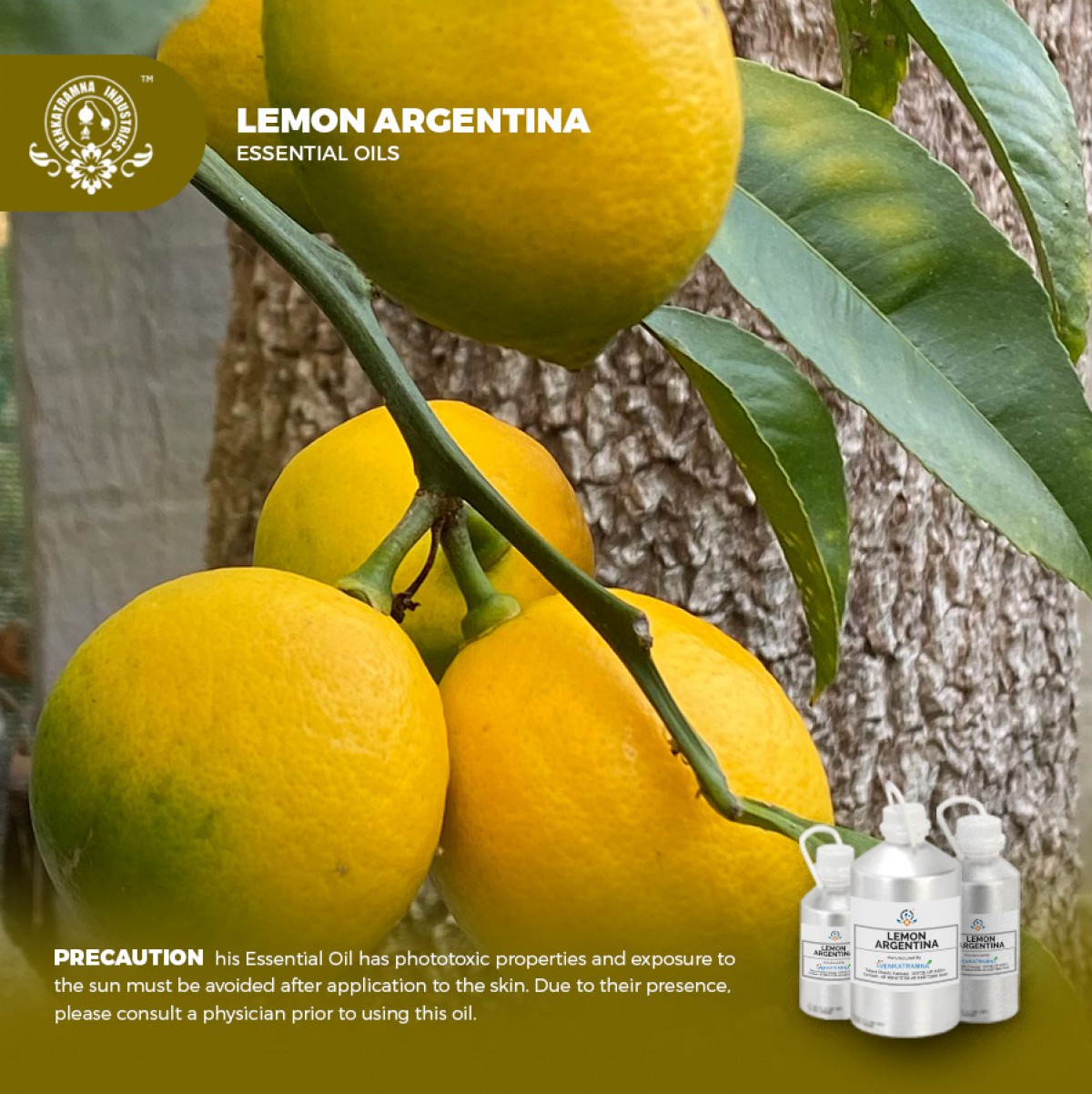
 MSDS-Lemon1.pdf
MSDS-Lemon1.pdf